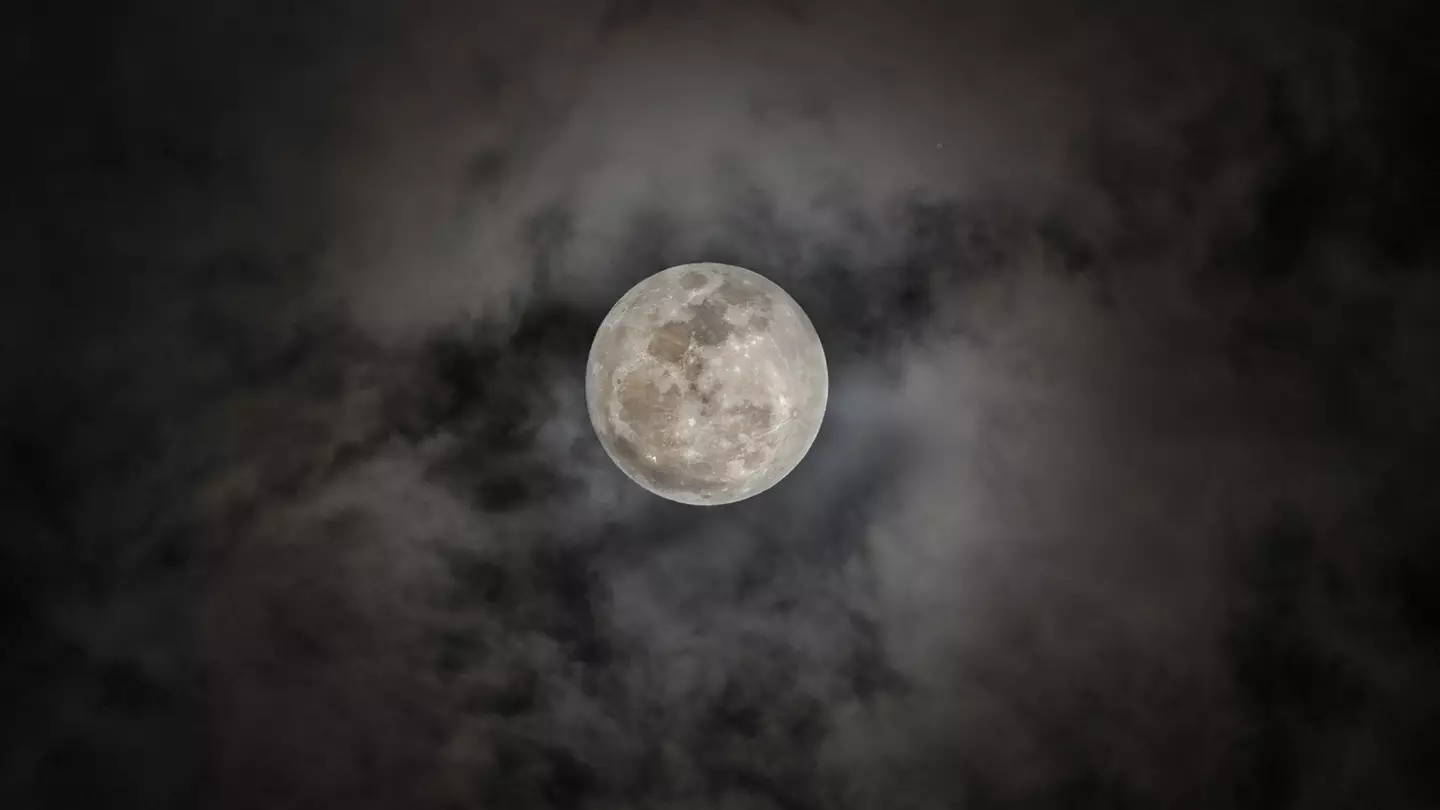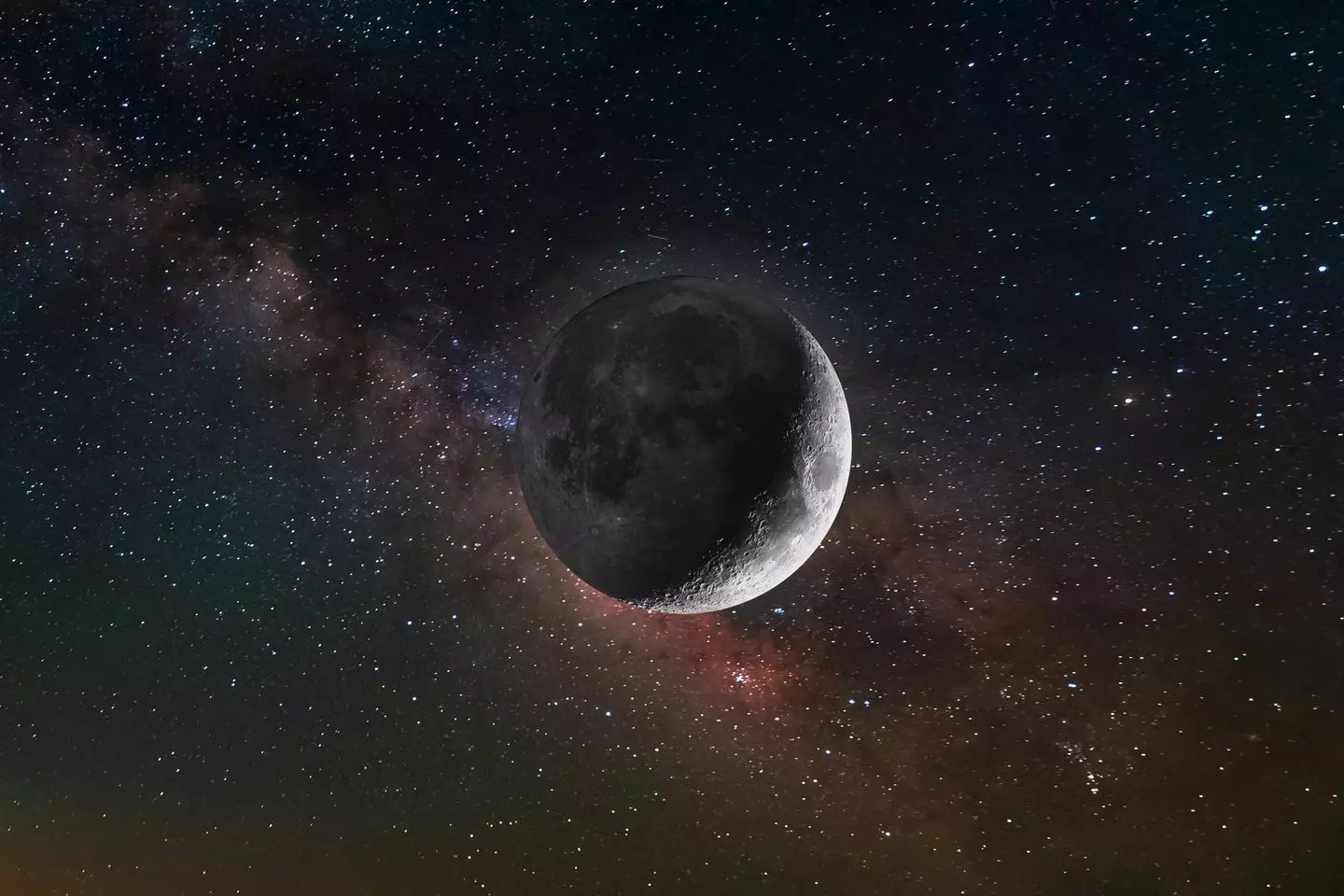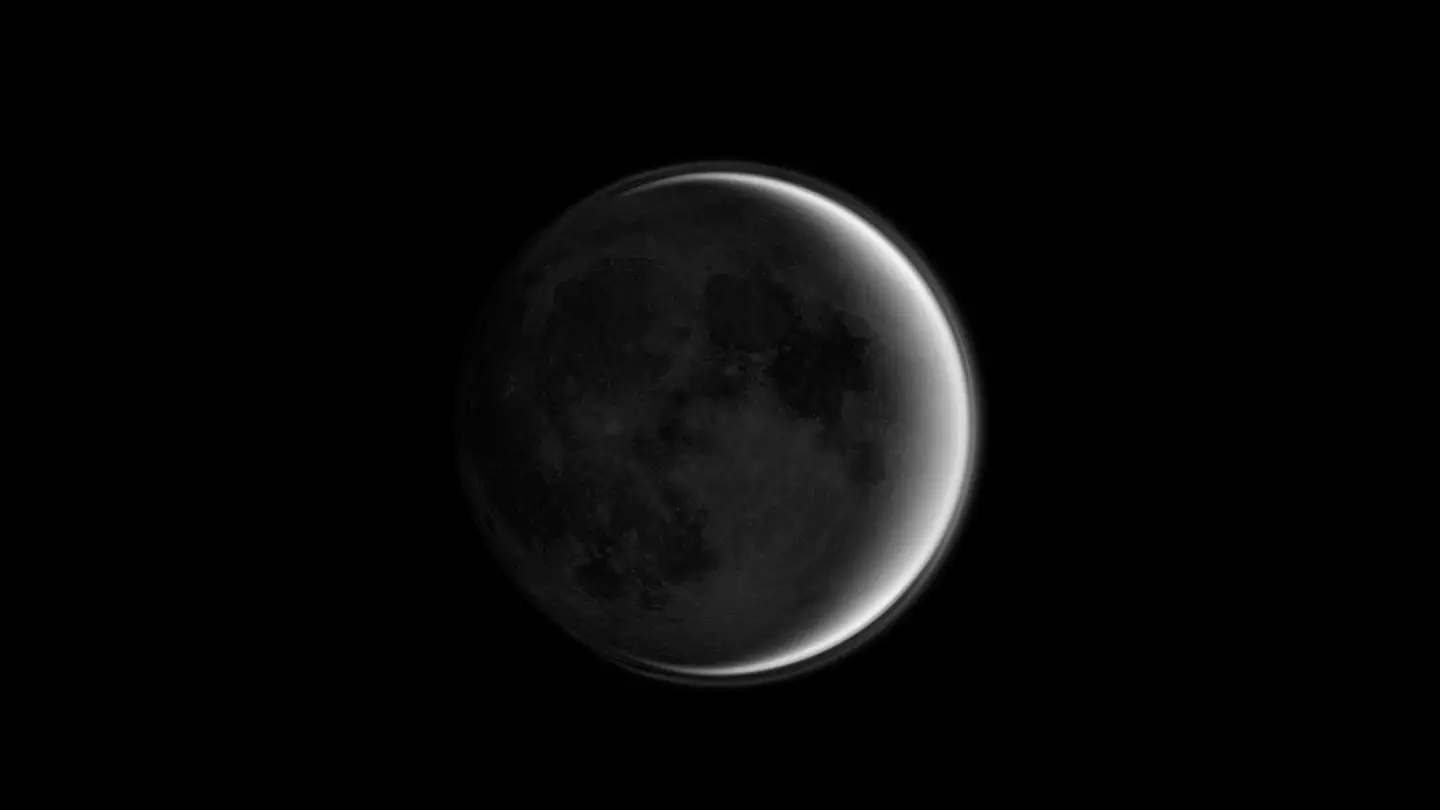This weekend brings the appearance of a rare ‘black moon’, which is an uncommon astronomical event.
The ‘black moon’ emerges only every few years, creating excitement among space enthusiasts. Meanwhile, there’s also an ‘unfriendly’ object moving towards Earth.
Unlike a full moon, a ‘black moon’ occurs when a new moon positions itself between Earth and the sun, with its side facing Earth remaining in shadow.
During this time, the moon stays dark, creating a fascinating occurrence. The event will happen on Saturday (August 23), with the moon entering its new moon phase at 11:06pm PDT.
In the Western Hemisphere, the ‘black moon’ is anticipated to peak on Friday (August 22) at midnight ET, with Saturday being significant for others.
Even though nothing unusual will be visible, online discussions are rife with speculation about its implications.

Some individuals familiar with biblical predictions associated with a ‘dark moon’ reference Mark 13:24. It states: “The sun will be darkened, and the moon will not give its light.”
This passage is connected to beliefs about the End of Time coinciding with a dark moon.
A Twitter user suggested preparing ‘just in case’, spreading concern among some people.
Nevertheless, astronomers assure that the ‘black moon’ shouldn’t cause alarm.
In reality, ‘black moon’ is not a scientific term but more of a colloquial expression.
Walter Freeman, an associate teaching professor of physics at Syracuse University, explained to MailOnline: “A black moon is just a second new moon that happens in one calendar month.

“If a new moon occurs near the beginning of the month, the next one can happen before it’s over. From a scientific perspective, this is no different than any other new moon.”
Although nothing extraordinary will be visible in the sky this weekend, Freeman noted that the absence of moonlight will enhance the visibility of stars and planets, which stargazers will appreciate.
“The lack of moonlight makes for perfect stargazing conditions,” he mentioned. “It’s an excellent opportunity for amateur astronomers or anyone curious about the night sky to get a clearer view of stars and planets that are usually washed out by the moon.”
This event occurs only every 33 months, with the next one predicted for August 20, 2028.

